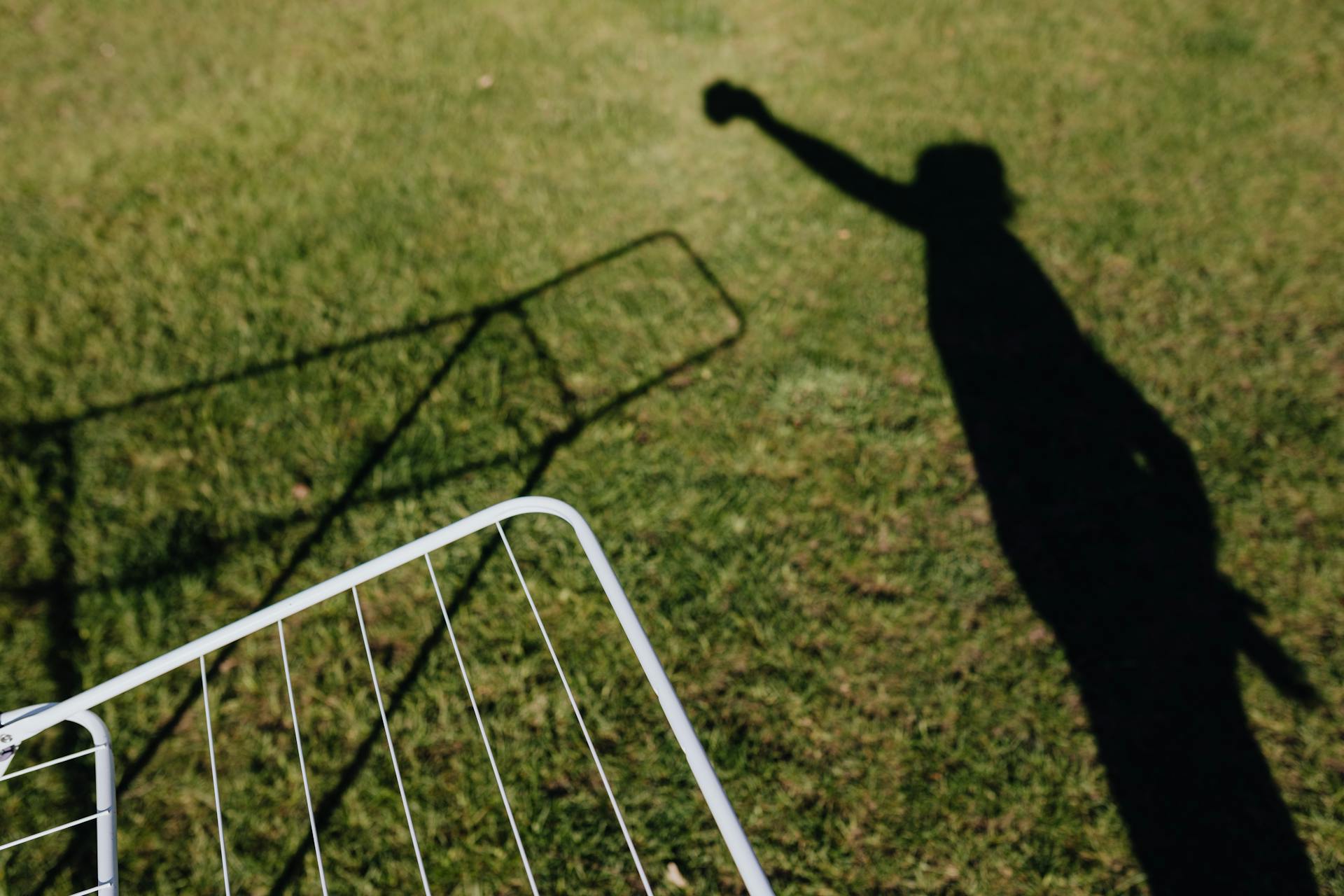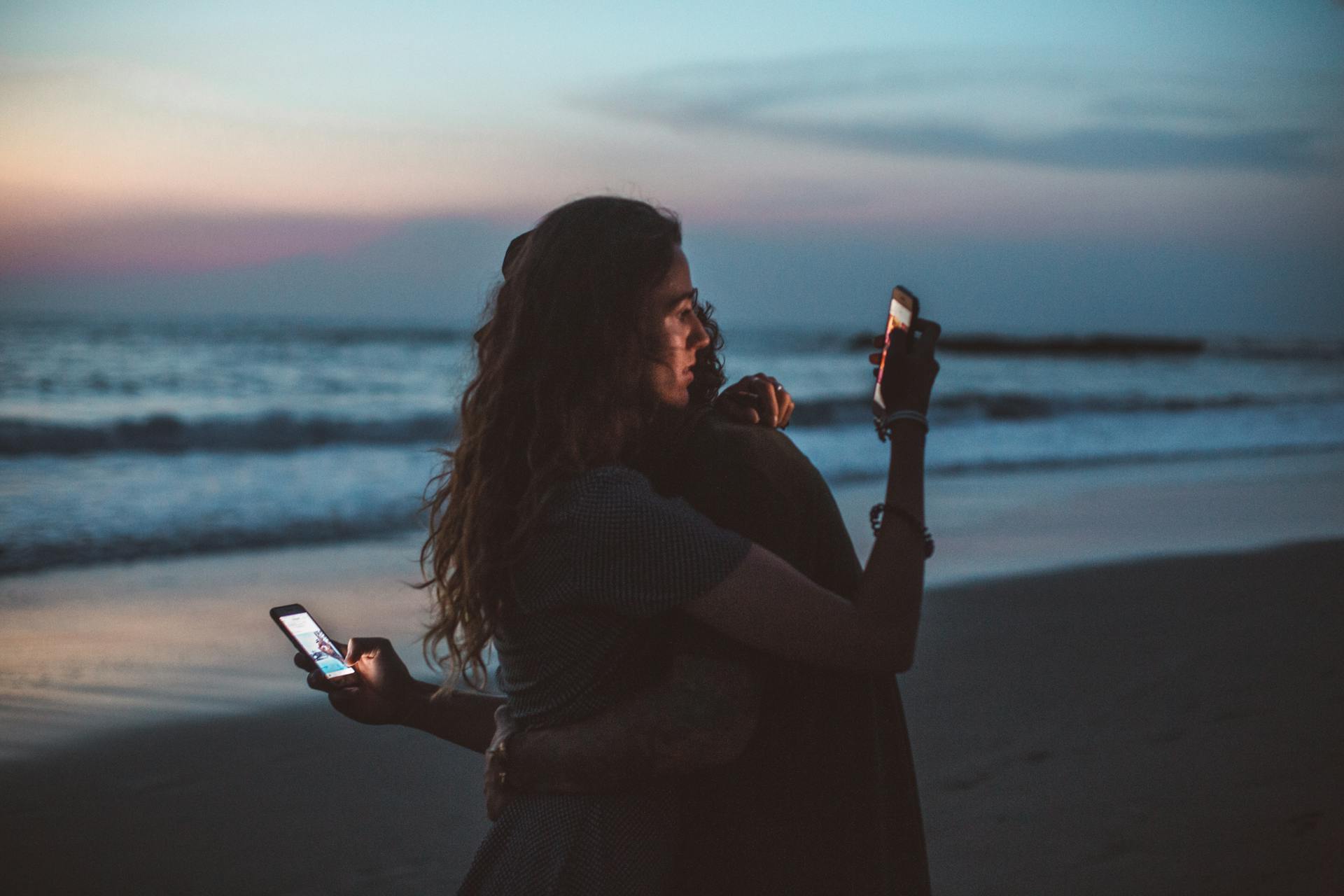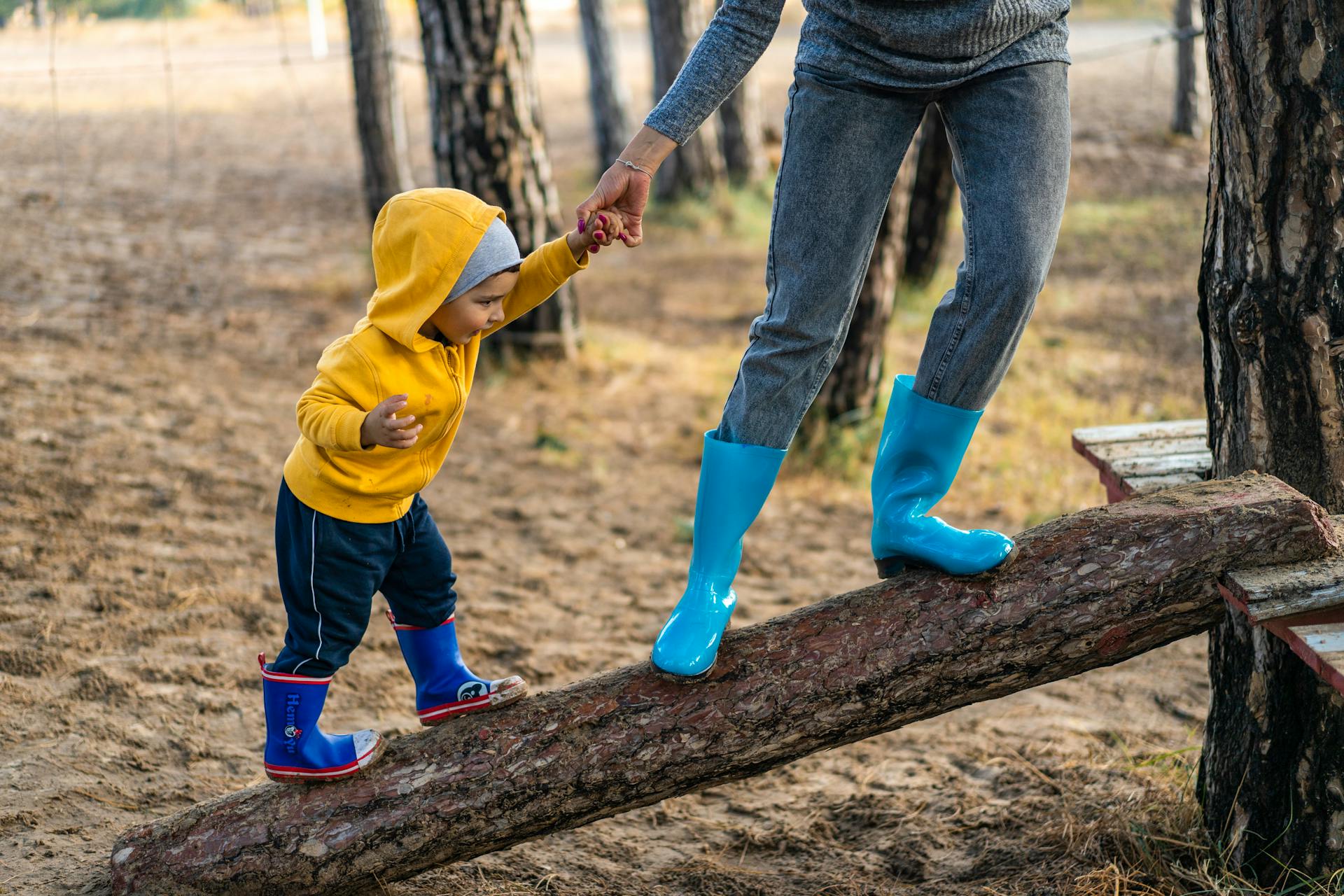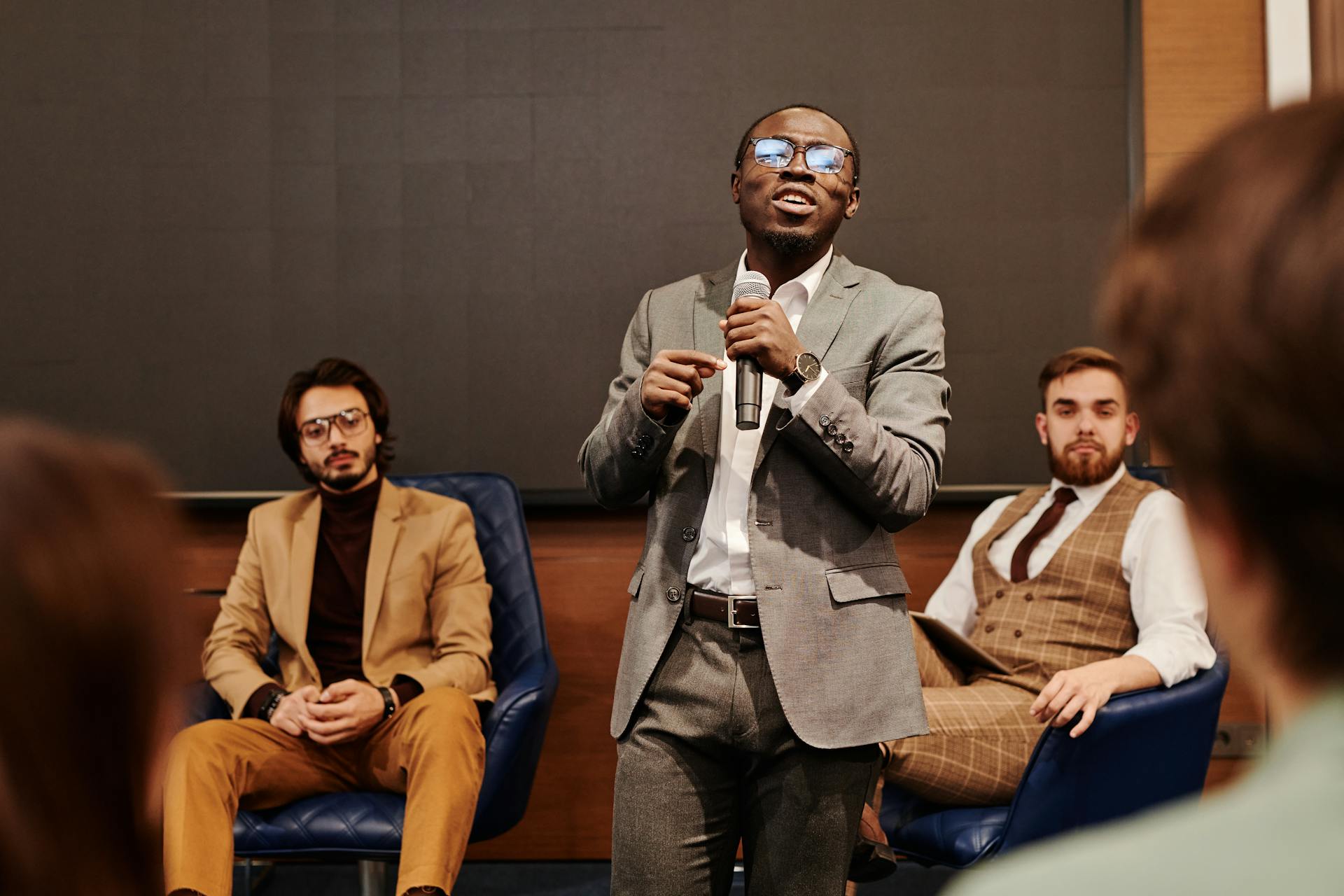
Life lessons from the pandemic have been plentiful and profound. Over the past year, we've all experienced a reality that was unimaginable just a couple weeks ago. We’ve faced isolation, uncertainty, and loss on a global scale. But amidst all of this chaos, there is also an opportunity to learn from our experiences and emerge stronger than ever.
Recently, I sent out an email to my list asking for people's biggest lessons from the pandemic. To my surprise, over a thousand people replied with multiple pages of responses! The replies hailed from all over the world and covered a wide range of topics. After a week combing through the submissions, major themes emerged. I’ve condensed them into 10 practical takeaways that can help us navigate these challenging times and beyond. Life strips away everything but what truly matters- these lessons will help you focus on those things that matter most in your life.
The pandemic has been one of the greatest years of transformation in recent history. The greater part of humanity has had to adapt to new ways of living and working while navigating unprecedented challenges. From building resilience to cultivating gratitude and compassion, the lessons we’ve learned will be invaluable for years to come. So if you’re ready to discover some of the best life lessons from the pandemic, keep reading!
A different take: Life Skills
Discovering the Art of Living a Fulfilling Existence

Have you ever wondered what the top life regret is among dying hospital patients? Bronnie Ware, who spent a decade counseling dying people, began recording their top regrets. As expected, the most common regret was not having the courage to live a life true to oneself. This proves that living a fulfilling existence is not only important but also achievable.
In 2004, Arno Rafael Minkkinen stepped onto an England school stage to deliver his commencement speech. Addressing the graduating students, Minkkinen shared a simple theory that he called the Helsinki Bus Station Theory. In his estimation, made after years of photographing nature and humans alike, he concluded that we all have a short unimportant life span just like people waiting for buses in Helsinki. However, this doesn't mean our lives can't be meaningful.
The article discusses life lessons from those who left us too soon and those who lived long lives like Besse Cooper who made it into Guinness Book of World Records at 116 years old. Lessons left behind by these individuals are simple statements like eating junk food does more harm than good and doing meaningful work is essential to living a fulfilling existence. The proven path to living a fulfilling existence is within reach if we learn from those who have gone before us.
Fear Poses a Serious Threat
Fear drives people to do things they wouldn't normally do, and this can have serious consequences. As one of our readers commented, "Politicians leveraging fear for political gain is highly selfish and capable of causing great harm." In recent years, fear has pervaded public discourse, with little to no action taken by political leadership. This poor policy response has led to botched execution and pretty disillusioned citizens. Interestingly disgust seems to unite people more than hope does.
As another reader named Jean pointed out, "we need to realise that fear basically forces us into negative visualisation of the worst case scenario." This emotional reaction can be detrimental to our mental health and wellbeing. However, if we mentally prepare ourselves for the worst-case scenario, we can drastically reduce the impact of our emotional response. We should focus on the fact that the worst may not happen and try to find faint hope back in our hearts.
It's essential to understand how fear affects us individually and as a society. One reader summarised it perfectly: "Fear creates division where unity is needed most." This is especially evident in today's political climate, where politicians are quick to use fear-mongering tactics for their own gain. However, if we learn from past mistakes and approach situations with a positive outlook instead of dwelling on negative possibilities, we can overcome the political divisions apparently created by these tactics.
The Dual Nature of Most Things: Simultaneously Good and Bad
As long-time readers may have noted, I've beaten a dead horse more times than I can count. But the truth is, bad tend to come along with the good. In our emotionally driven society, where social media can leave us upset at the slightest amount of hurt offense, it's important to remember that most things in life have a dual nature.
Over the course of my 19 years, I've learned things that have left me feeling like I'm going through an identity crisis. Losing family members or going through an extremely upsetting event can do that to you. But I've also noted silver linings - situations that brought families closer together or ended a destructive marriage. It's important to note that even when we're at our lowest, there is always something good coming back around.
People reported feeling an identity crisis during online school or losing their job – bad events changed a lot for people this past year. But as government botches fundamental and basic actions in rampant incompetence, it’s easy to get lost in conspiracy theories and forget about the good things we still have access to through human organizations. We must acknowledge that things are not black and white - most things are simultaneously good and bad, and it's up to us to find balance in between them.
Unleash Your True Potential: Embrace Who You Want to Become

In my years as an AI language model, I've found that people love to spend hours scrolling through social media or binge-watching Netflix. But in many cases, removing these time constraints has exposed people to the fact that they're not making the most of the time allotted to them. That's where a reader named Brad put his priorities in order.
Prior to the pandemic, Brad was always on-the-go with meetings, calls and business trips. When lockdown started and everything was suddenly cancelled, he quickly found himself with more time than ever before. Instead of wasting it on dumb stuff, he created daily, weekly, monthly and even quarterly to-do lists. He developed routines and even a writing exercise to help him find schedules that worked for him.
Newfound predictability is key when it comes to routines post-pandemic. While the pandemic may dictate that you're confined to your apartment and can't go out to your favorite bar or have social interactions like you used to - it simply means you have complete control over how you choose to spend your time. Many people forgot this during the UK lockdown when they lost hope for their dream job or their future in general. But the pandemic shone a light on just how precious life really is and gratitude completely changed people's attitudes towards great things happening around them - feel free (strangely) inspired by those inspiring emails!
1. Wait! Here Are 3 Ideas That Could Change Your Life
H3 Section: "3 Ideas That Could Change Your Life"
Are you feeling like a depressed deadbeat, stuck in a rut and unsure of how to move forward? It's time to take some inspiration from the important philosophers who have lived before us. One idea that can change your life is to focus on the present moment, instead of dwelling on past mistakes or worrying about future uncertainties. As Eckhart Tolle writes in "The Power of Now," "Realize deeply that the present moment is all you ever have."
Another idea that can transform your life is to embrace the power of vulnerability. In her book "Daring Greatly," Brené Brown writes, "Vulnerability is not winning or losing; it's having the courage to show up and be seen when we have no control over the outcome." By letting down our guard and being honest with ourselves and others, we can build deeper connections and live more fulfilling lives.
Finally, if you're looking for practical steps to improve your life, check out my free 19-page ebook "Life Lessons From Those Who Have Lived Before Us." This book shares stories and insights from people who have overcome adversity and achieved success in various areas of their lives. By learning from their experiences, you can gain valuable perspective and inspiration for your own journey.
Discover Valuable Life Lessons Taught by Famous Creators
Greatness and success may come at a high price, and it is essential to be aware of the shadow side and hidden costs of achieving one's goals. As the famous biologist Louis Agassiz taught, self-awareness is crucial in avoiding negative influences that can lead us astray. In his observation of self-awareness, Agassiz noticed that it was important to recognize our weaknesses and strengths as individuals to pave the way for success.
Life lessons from famous poet Joseph Brodsky explain perfectly how critics and detractors can be a beautiful strategy for growth. In 1988, Brodsky shared that negative influences should not discourage you; instead, they should motivate you to push harder towards your goals. The life of a famous poet such as Brodsky teaches us that we must remain resilient in the face of criticism.
Influential dance choreographer Martha Graham warned about the hidden danger of falling into complacency when she said that "the only sin is mediocrity." Graham's advice reminds us that we must always strive for excellence if we want to live a meaningful life. Nichelle Nichols, an actress who helped shape the Civil Rights Movement, also taught valuable lessons about living a meaningful life by using her platform for positive change. These creators' teachings remind us that pursuing greatness often comes with challenges but recognizing our shadow side can help us achieve our goals without compromising our values.
Why Focusing on the Small Details Matters Most: A Must-Read
In pandemic life, many of us have had to make adjustments to our daily routines. For me, it's been a science experiment of sorts. I've learned that the small things affect my mood and productivity more than I ever realized. Drinking alcohol, even just a couple glasses, can make me feel awful the next day. Staying up too late or playing video games for hours on end has similar effects. Many patients' friends and family members have had similar experiences lately.
The biggest lesson I've learned is that small decisions have huge significance in our adult lives. The famous study where judges give harsher sentences before lunchtime because they haven't eaten yet is a perfect example of how slight shifts in our routine can affect downstream effects like budget problems or missed opportunities for a business deal. It might sound dramatic, but I have greater respect for the ripple effect of small, simple choices.
One Egyptian reader put it perfectly when she said that chaos without small rituals practiced daily can give way to feeling like you're "just floating through your day." Basic routines like getting out of bed at a reasonable hour or taking regular check-ins during a busy workday can make all the difference in feeling like a sane individual versus feeling pulled in multiple directions. It's something I've adopted this year simply because people feel better when they have some semblance of control over their days potentially causing them to be more productive during each Zoom meeting or business deal they encounter
We Consistently Underestimate Our Resilience and Adaptability
I've learned that life can throw some pretty tough situations our way. From the pandemic political insanity cancer job to personal struggles, we can all face incredibly challenging times. But what I've also learned is that a large percentage of us consistently underestimate our resilience and adaptability.
In March, I lost my steady paycheck due to the pandemic. By June, I moved across the country and spent months sleeping in moldy rooms while searching for a new job. Emails struck anxiety into me, pontificate ill news on the TV threatened to push me over the edge, and I even had a mental breakdown at one point. But what kept me going was how quickly society adapted to this new normal.
Looking back on what has been the hardest year of my life bar none, I remain optimistic. If I could get through isolation for months on end and come out stronger on the other side, then anyone can do it. What I’ve learned is that we must maintain love for ourselves and our social life while keeping an open mind to change – because change may be precisely what saves us in times of great need.
The Truth About How Crisis Impacts Our Human Nature
The pandemic brought a lot of extraneous stuff into our lives, but it also clarified a few things. For one, it makes sense that crisis impacts our human nature in many ways. Over the months working in retail during the pandemic, I've noticed how customers' attitudes have varied. Some are cranky and difficult to deal with, while others are pleasant and understanding. The friendly and understanding customers often leave bigger tips, which is always a nice surprise.
The thing that started as a creative outlet for some business owners quickly turned into a failing business for others. One bad friend or shady shifty fucker can ruin everything with their duplicitous behavior. A reader commented on my blog post about how the pandemic brought them back to their factory default settings - feeling a bit depressive and experiencing depressive symptoms. As someone who's worked long hours and gone on endless business trips, I can relate to feeling exhausted and burnt out.
But even when life feels miserable, I've learned that people early on were right when they said that crisis brings out both the best and worst in us. The full weekend I spent volunteering at a local food bank left me exhausted, but the gratitude expressed by those we were helping made everything worth it. Crisis has the power to bring out both the worst and best in humanity - it just depends on how we choose to respond as individuals.
Personal Insights: Valuable Life Lessons Learned

Life is a dress rehearsal, not a performance. This is one of the most valuable life lessons that I have learned. It means that every moment spent in life is an opportunity to learn and grow. We often get caught up in the idea that we need to be perfect and get everything right on the first try, but this mindset only holds us back from truly experiencing life. Embrace every moment as a chance to learn and improve yourself.
Another important lesson I've learned is to move past judging others and focus on being kind instead. It's easy to judge people based on their appearance or behavior, but this only leads to negativity and brings us down to a lower level. Instead, we should strive to see the good in others and treat them with kindness and respect. This simple shift in mindset can make all the difference in our relationships with others.
Finally, "I'm sorry" is an under-used phrase that can cover 7 common situations: being late, missing an appointment or deadline, accidentally hurting someone's feelings, making a mistake at work, forgetting something important, saying something you regretted later, or having an argument with someone close to you. Admitting fault and apologizing can be difficult, but it shows maturity and allows us to move past our mistakes and grow as individuals. It's a small gesture that can make a big impact on our relationships with others.
Frequently Asked Questions
What are the most important life lessons?
The most important life lessons are to be kind, work hard, and never give up. These values will help you build strong relationships, achieve success, and overcome obstacles.
Are the lessons learned in life a byproduct of life?
Yes, the lessons we learn in life are a byproduct of our experiences and interactions with the world around us. These lessons shape our perspectives, beliefs and behaviors, and help us navigate through life's challenges.
What are some life lessons that can help you grow?
Some life lessons that can help you grow include learning from mistakes, embracing change, and practicing self-care.
What lessons can we learn from life's challenges?
Life's challenges provide opportunities for growth, resilience, and self-discovery. They help us learn valuable lessons such as the importance of perseverance, adaptability, and gratitude.
Featured Images: pexels.com


